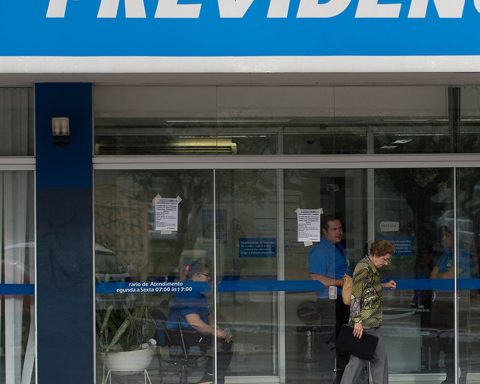The member countries of the European Union and their executive and legislative bodies finished this Saturday a new legislation that will make it possible to combat hate speech or disinformation campaigns.
After long months of negotiation, an “agreement” was reached between the European institutions regarding the Digital Services Act (“DSA”), the European Commissioner for the Internal Market, Thierry Breton, said on Twitter.
This new law updates the digital commerce directive approved 20 years ago and will impose regulations on large platforms such as Facebook or Amazon to eradicate illegal or dangerous content on the network.
Yes, we have a deal!
with the #DSAthe time of big online platforms behaving like they are “too big to care” is coming to an end.
A major milestone for ?? citizens.
Congratulations to the European Parliament & Council and thank you to the great EU team working countless hours! pic.twitter.com/jmCoZMQ3lO
— Thierry Breton (@ThierryBreton) April 23, 2022
“This deal is historic”congratulated the president of the European Commission, Ursula von der Leyen, according to the AFP agency.
“The DSA is a world first in terms of digital regulation”said in a statement the European Council, which represents the 27 member states.
The text “consecrates the principle that what is illegal outside the network must also be illegal on the network. It seeks to protect the digital space from the dissemination of illegal content and guarantee the protection of the fundamental rights of users.“, he indicated.
Together with the Digital Markets Act (“DMA”), concluded at the end of March to end anti-competitive practices, the DSA is part of a major plan presented in December 2020 by the European Commission , the EU executive.
Your goal is stop abuse on social media that end up making headlines as happened with the murder of a history teacher in France after a hate campaign in October 2020 or the assault by protesters on the United States Capitol in January 2021, partly planned via Facebook or Twitter.
It will also act on retail platforms full of counterfeit or defective products that can sometimes be dangerous, such as children’s toys that do not respect safety regulations.
The new regulation stipulates the obligation to “quickly” remove all illegal content when the platform is aware of it and obliges social networks to suspend users who “frequently” violate the law.
Also forces e-commerce websites to check the identity of their suppliers before offering their products.
At the heart of the project are the rules imposed on “very large platforms”, those with “more than 45 million active users” in the EU.
The list of some twenty companies is yet to be finalized but will include the so-called GAFAM (Google, Apple, Facebook, Amazon and Microsoft), Twitter and probably TikTok, Zalando or Booking.
These firms must assess the risks associated with the use of their services and implement appropriate means to remove problematic content.
They will also need to be more transparent about their data and the algorithms they use to recommend content.


















